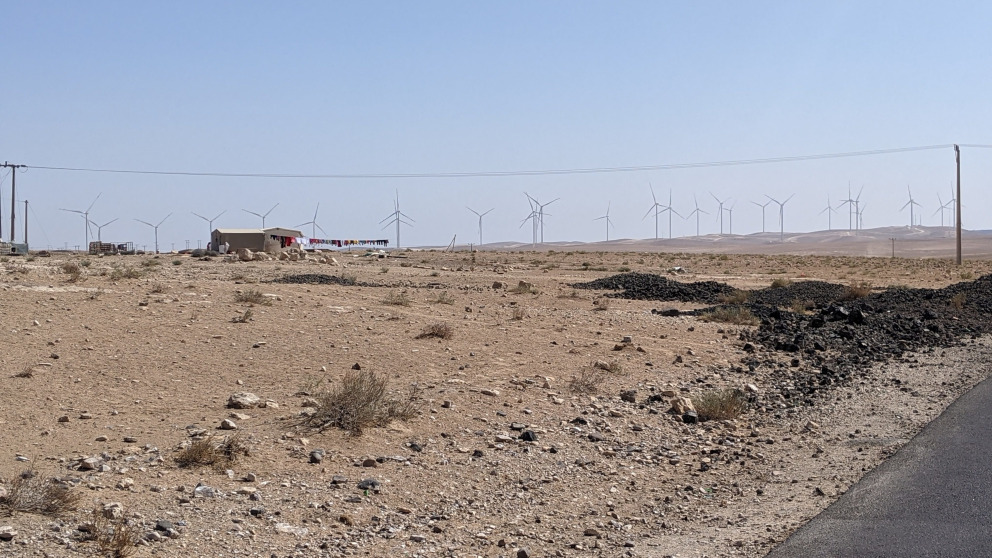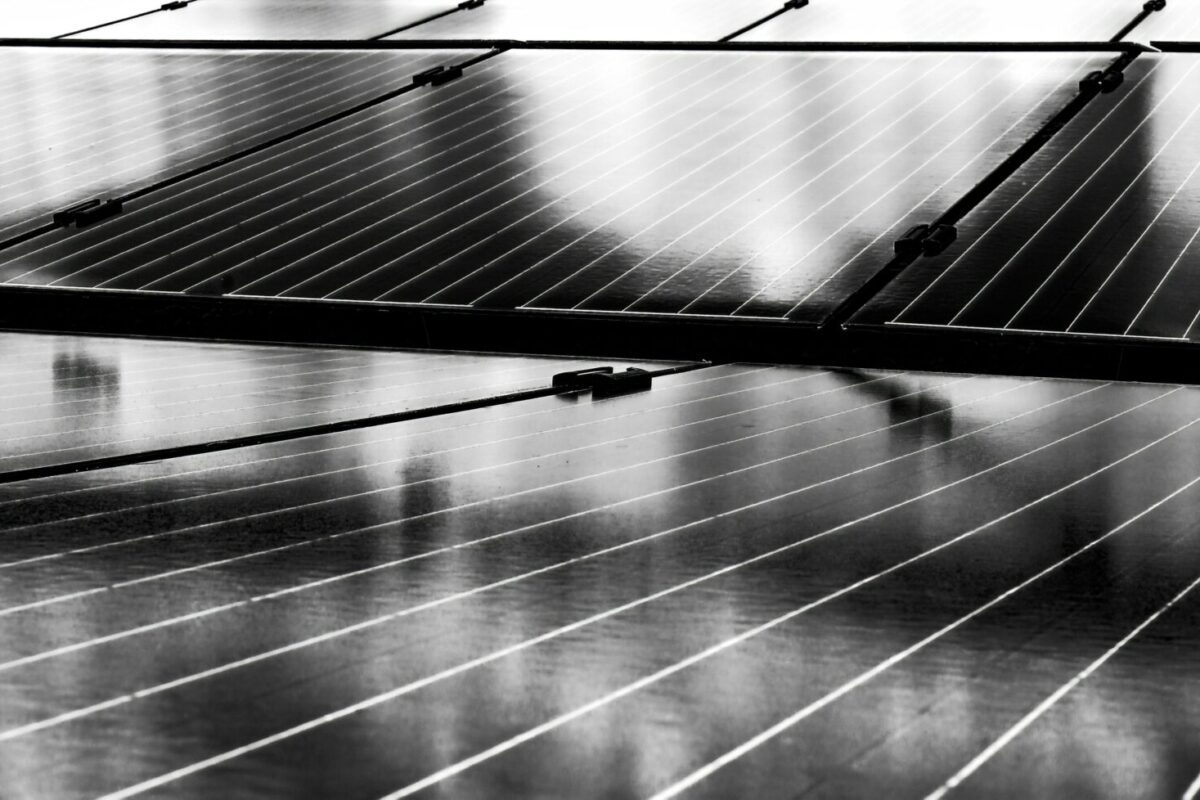A household survey conducted by Germany's Research Institute for Sustainability – Helmholtz Centre Potsdam (RIFS) has found that people in Jordan overwhelmingly want an energy transition, with 91 percent of respondents expressing support for an expansion of renewable energy sources in the country.
Jordan has outstanding potential for renewable energy generation and people surveyed expressed hope that an energy transition would create jobs, improve energy security and reduce costs, RIFS points out. Support is particularly strong in areas that already benefit from renewables.
The research institute notes, however, that while government backing for Jordan’s energy transition was strong through to 2019, it has dropped off since then.
Jordan is one of the most energy-import-dependent countries in the world, with more than 93% of total energy imported in the form of oil and gas. “However, long-term purchasing agreements for oil and gas signed by the state energy company have prevented the further expansion of renewables,” RIFS states.
“Some studies also cite near-term energy security concerns and the interests of geopolitical actors, in particular the USA, as important factors behind the stalling of the energy transition. Jordan's energy dependency is widely viewed as a serious political and economic problem and is contributing to the country's growing debt burden.”
Silvia Weko, the survey report's lead author, highlights the conflicting viewpoints in the country: “Jordan is an interesting case to study public perceptions and attitudes around the energy transition, as it has excellent potential for renewable energy generation but an illiberal political system. Its energy transition was decreed from the top down and is now faltering. Little research has been conducted on non-democratic contexts of this kind to date. Our study is a contribution to understanding the prerequisites for a successful energy transition in the Global South.”
Along with co-author Esther Schuch, Weko investigated attitudes towards the Jordanian energy transition by surveying 320 households in four different locations and interviewing experts. The selected locations — East Amman, West Amman, Zarqa and Tafilah — have very different social and economic conditions: West Amman is the center of government power and home to higher-income residents. Palestinian and Syrian refugee settlements are located in the lower-income eastern districts of Amman. The city of Zarqa (700,000 inhabitants), located north of Amman, is one of Jordan's most important industrial centers. Fossil energy is an important part of the city's economy, and an oil refinery is among the major employers. The city of Tafilah (30,000 inhabitants), located in the south, has large wind power projects nearby.
Attitudes towards the energy transition were generally positive. Only 29 respondents (9%) disagreed or strongly disagreed with the statement “Jordan should use solar and wind energy instead of fossil fuels.” Knowledge about climate change was mixed, but only 3% of respondents doubted its existence. Around 40% of respondents stated that they or someone they know had already been personally impacted by climate change.
A huge majority, 83%, expressed the expectation that the energy transition would create new jobs in Jordan.
“In fact, this hope is based on experience, as more than 300 solar PV companies have created thousands of jobs in Jordan. This is important given that Jordan has high unemployment, particularly among young people,” explains Weko. Most respondents were also very concerned about high energy costs and energy security.
The survey revealed major differences between the communities. People in Tafilah, the town with the large wind farm nearby, were on average more supportive of the energy transition and more concerned about climate change than respondents in Zarqa, which is dominated by the oil industry, and the economically weaker East Amman. By contrast, respondents in West Amman, a comparatively affluent and educated residential area, expressed strong support for renewable energy.
“Our household survey showed that — contrary to the opinion of Jordanian elites — citizens do have an opinion on renewable energies,” says Schuch. “One interesting finding is that respondents prioritized the benefits of the energy transition for the community over individual benefits. They hope that the energy transition will generate employment opportunities and deliver financial benefits for communities. Local environmental benefits also play a role, such as the water savings that renewables can achieve compared to thermal power plants.” Water scarcity is a major problem in Jordan.
Policy must take regional differences into account
According to the researchers, the survey’s findings indicate that the Jordanian government should reverse its policy of blocking the expansion of renewables. Instead, they should make it clear that renewable energy sources can be harnessed to address local and national challenges, such as high energy prices.
“It is important that policymakers take regional differences into account and develop strategies to mitigate negative impacts such as job losses in areas that are home to fossil-intensive industries and unlikely to benefit directly from the development of wind and solar parks, which will likely be established in Jordan’s desert regions,” RIFS states.
This content is protected by copyright and may not be reused. If you want to cooperate with us and would like to reuse some of our content, please contact: editors@pv-magazine.com.



By submitting this form you agree to pv magazine using your data for the purposes of publishing your comment.
Your personal data will only be disclosed or otherwise transmitted to third parties for the purposes of spam filtering or if this is necessary for technical maintenance of the website. Any other transfer to third parties will not take place unless this is justified on the basis of applicable data protection regulations or if pv magazine is legally obliged to do so.
You may revoke this consent at any time with effect for the future, in which case your personal data will be deleted immediately. Otherwise, your data will be deleted if pv magazine has processed your request or the purpose of data storage is fulfilled.
Further information on data privacy can be found in our Data Protection Policy.